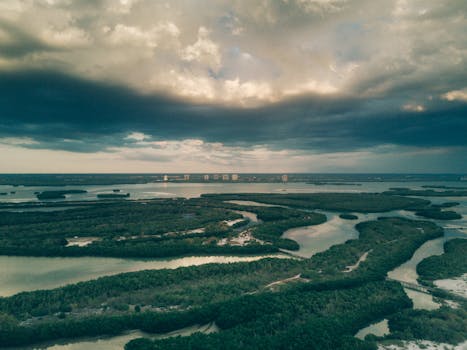
Introduction
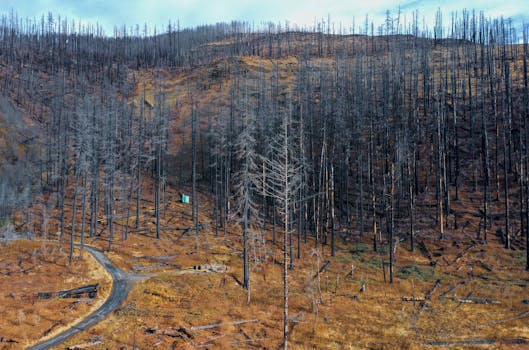
The impact of climate change on global ecosystems is profound and far-reaching. As our planet warms, various ecosystems face unprecedented challenges that threaten their stability and biodiversity. This article will delve into the complexities of these changes, highlighting key areas affected by climate change.
1. Biodiversity Loss

One of the most significant impacts of climate change is the loss of biodiversity. Species across the globe are struggling to adapt to the rapidly changing environment. According to the Intergovernmental Panel on Climate Change (IPCC), a rise in temperature could lead to the extinction of up to one million species. This loss of biodiversity not only affects the species themselves but also the ecosystems they inhabit, leading to a decline in ecological health.
2. Habitat Destruction

Climate change has resulted in habitat destruction on a massive scale. Rising sea levels threaten coastal ecosystems, while increasing temperatures and changing precipitation patterns disrupt terrestrial habitats. Forests, wetlands, and coral reefs are particularly vulnerable. For instance, coral bleaching events, exacerbated by warmer sea temperatures, have devastated coral reef ecosystems, which serve as critical habitats for numerous marine species.
3. Altered Weather Patterns
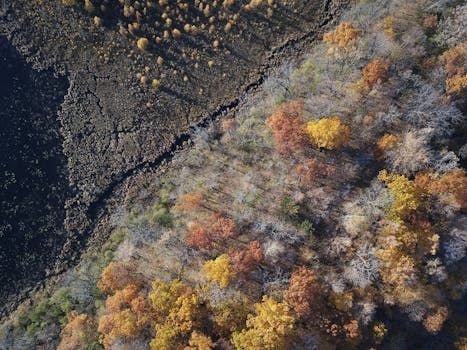
The changing climate has also led to altered weather patterns, which can create extreme weather events such as hurricanes, droughts, and floods. These events can have devastating effects on ecosystems and the wildlife that depend on them. For example, increased rainfall can lead to flooding, which can wash away nests and disrupt breeding cycles for various species.
4. Impact on Food Chains
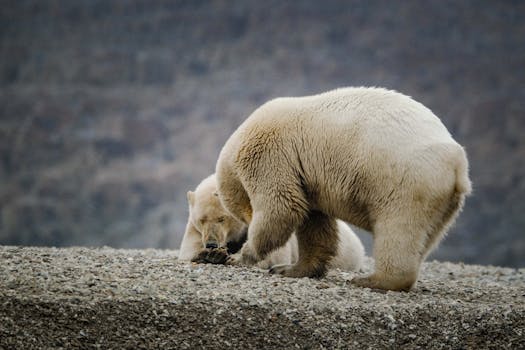
Climate change disrupts food chains, affecting the interdependent relationships between species. As temperatures rise, some species may migrate to cooler areas, while others may become extinct. This shift can create imbalances in food webs, leading to overpopulation of certain species and the decline of others. The consequences ripple through ecosystems, affecting species diversity and ecosystem resilience.
Conclusion
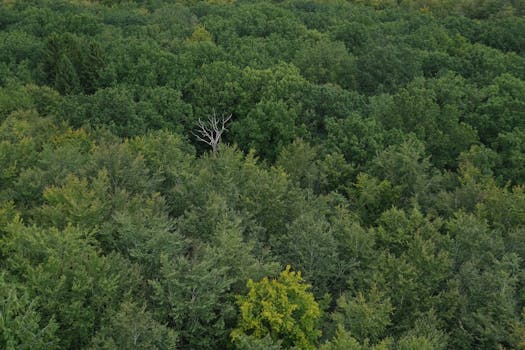
The impact of climate change on global ecosystems is a pressing issue that requires immediate attention. As we face biodiversity loss, habitat destruction, altered weather patterns, and disrupted food chains, it is crucial to take action to mitigate these effects. Protecting our ecosystems is essential not only for the species that inhabit them but also for the overall health of our planet.





